Showy Milkweed (Asclepias speciosa) is similar in form to Common Milkweed but less aggressive, making it more manageable in a garden setting. About 3 feet high, it features large oval leaves, and spikey pink flower clusters atop thick stems. The very fragrant blooms give way to prominent 2 – 3-inch-long seed pods and the leaves turn bright Gold in the fall. Native to the western U.S. and upper Midwest, Showy Milkweed tolerates a variety of soil types and conditions and is very drought tolerant. Monarch butterflies lay their eggs exclusively on plants in the Asclepias genus, otherwise known as milkweeds. Description from Prairie Nursery
Home > Plant Guide >
Scientific Name
Family
Garden Type
Wildlife
Native Plant Region
Light needs
Water Needs
Plant Type
Bloom Color(s)
Height
Width
Months in Bloom
Safe Beneath Power Lines?
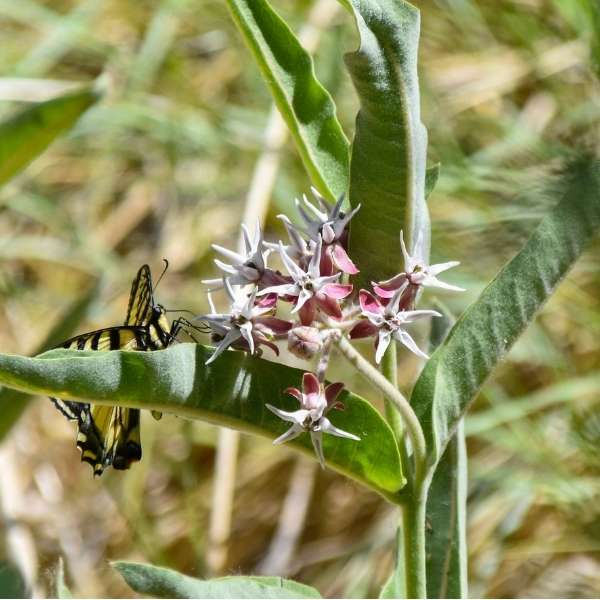
We’d like to maintain accurate and robust plant listings. If you see information that is not correct or that could be added to improve the listing, please let us know. Or if you’d like to suggest a plant to add to our plant guide, you can use this form do so. Thank you!
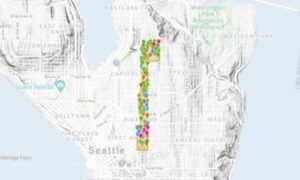
Get involved by sharing and mapping the birds, animals and nature around you to help the community understand the biodiversity in our neighborhood.
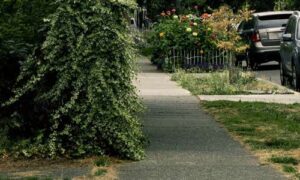
Start a garden in a planting strip along the street. Explore our interactive corridor map, find what to grow, and start nurturing today.
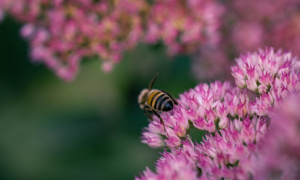
This workshop will guide you through the process and materials needed to help you decide if Mason Bees are right for you and your garden, whether you have a small deck or an open garden.

Learn about diversifying the way architecture is taught and practiced from designers of color.
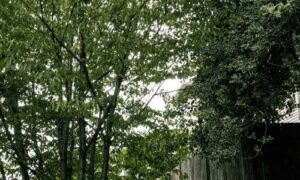
The plants, animals, fungi, microbes, and other natural features that make up “urban habitat” are important to the character, function, and livability of cities.
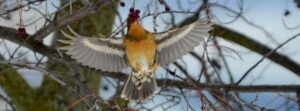
Take a virtual trip across Capitol Hill to learn about urban habitat types, how to identify the unique birds they support, and what we can do to make the neighborhood a safer place for them to live.
Nature of Your Neighborhood is a collaboration between Birds Connect Seattle, the Capitol Hill EcoDistrict, and the Seattle Bird Conservation Partnership. Our goal is to foster relationships between the people and the nature of their neighborhoods.